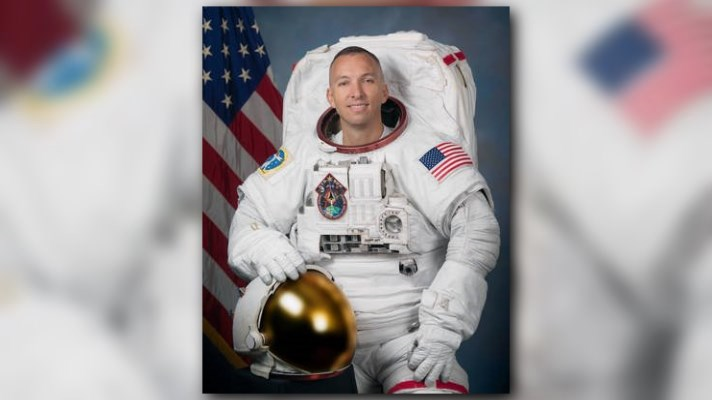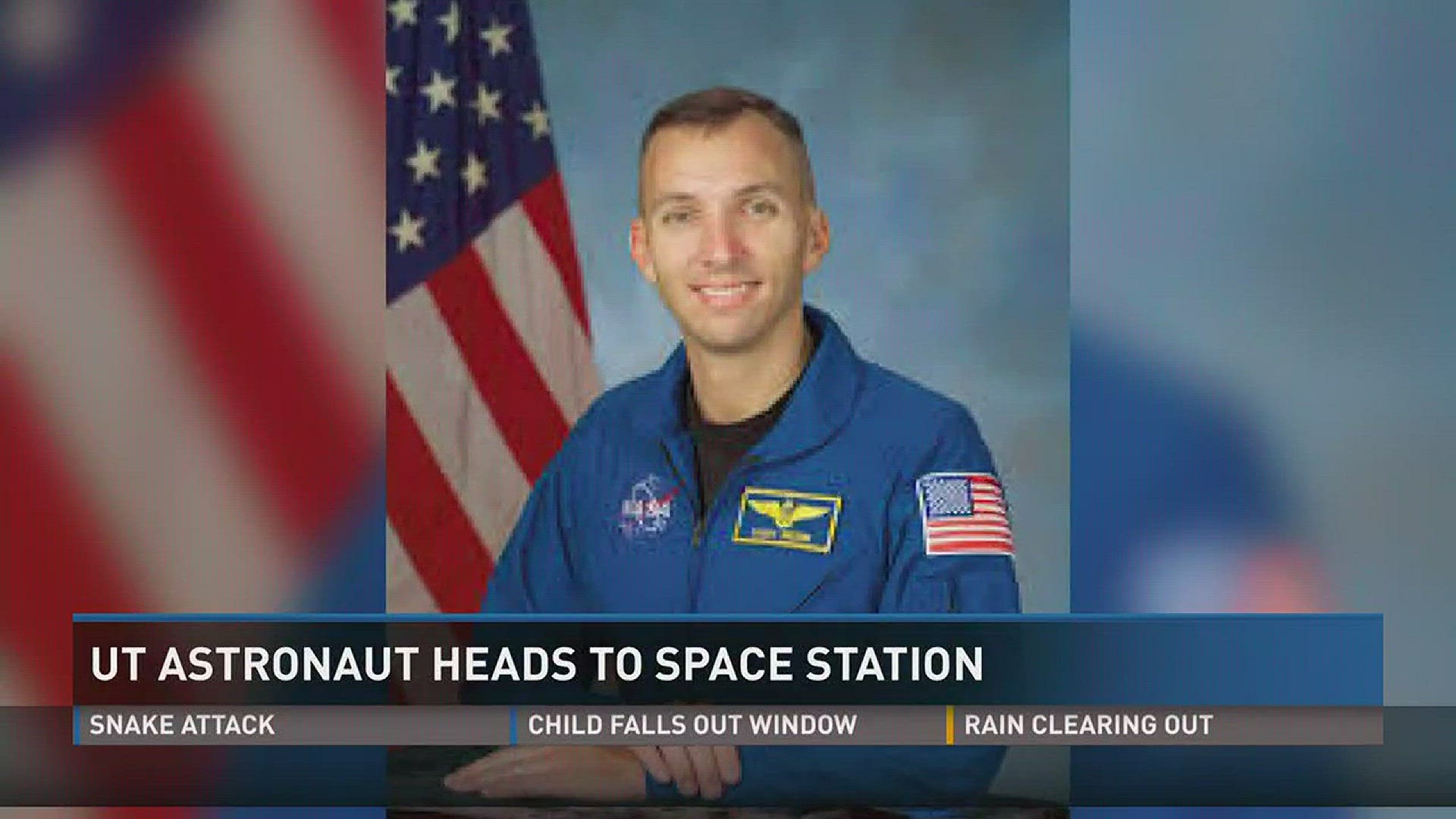As astronaut who graduated from the University of Tennessee will spend the next four months on the International Space Station.
He docked at the ISS successfully around 6 p.m. Friday.
Randy “Komrade” Bresnik, along with crew mates Sergey Ryazanskiy of Roscosmos and Paolo Nespoli of ESA blasted off from the Baikonur Cosmodrome in Kazakhstan just before noon on Friday. Their journey to the space station took about six hours.

The three will join three others on the space station - Expedition 52 Commander Fyodor Yurchikhin of Roscosmos and Flight Engineers Peggy Whitson and Jack Fischer of NASA. The crew will work on more than 250 experiments in fields such as biology, Earth science, human research, physical sciences and technology development.
Bresnik, who is from Santa Barbara, California, received a Master of Science in Aviation Systems from UTK in 2002. He was selected as an astronaut in 2004. This is his second space mission, following a 2009 mission on the space shuttle Atlantis.
The 49-year-old served in the Marine Corps where he was a test pilot and flew combat missions in Kuwait during Operation Iraqi Freedom. He is married with two children.
There are 10 astronauts who have graduated from UT. Together, they have logged 1,012 days in space and have traveled 424 million miles!
"Lots of UT graduates have gone up into space," said UT Astronomy Professor Dr. Sean Lindsay.
The Tennessee graduates' connection with fellow Vols stretches outside the stratosphere.
"There is this nice relationship between the University of Tennessee and the International Space Station, NASA and these astronauts," said Lindsay.
Bresnik tweeted for the last time before he left this morning, admiring the last night sky he would see from Earth for nearly four months.
Dear Earth, I leave you today for little while, I will relish the view of you as I gaze upon you from the night’s sky tonight. pic.twitter.com/rfS07lkCz3
— Randy Bresnik (@AstroKomrade) July 28, 2017
Lindsay says it's more than just admiring the view.
"So there's a whole host of questions that we'd really like to know - how do plants grow, how do things impact one another, what happens to all these normal things that we try to do in labs here, except our labs are contaminated by gravity," said Lindsay.
The astronauts become experiments themselves.
"How does you vision degrade as your eye reshapes itself, how quickly do your bones deteriorate, how well can we mitigate that?" said Lindsay. "How do we respond to medicines when we're in zero gravity, which is a big question."
And, while he feels light years away, Lindsay says Bresnik is only as far as the distance between Knoxville and Cincinnati.
"250 miles above Earth, yes, that's huge, but think about that in context of the moon, which is more than 250,000 miles above our heads," said Lindsay.
Putting a UT connection out of this world, but closer than you think.
UT celebrated their achievements on Twitter:
#DYK 10 @NASA astronauts have come from UT? #VolsinSpace have racked up a lot of mileage in 35 years! @ut_tullahoma 🌖🌟 pic.twitter.com/sDCSvCKkW0
— UT Knoxville (@UTKnoxville) July 28, 2017

